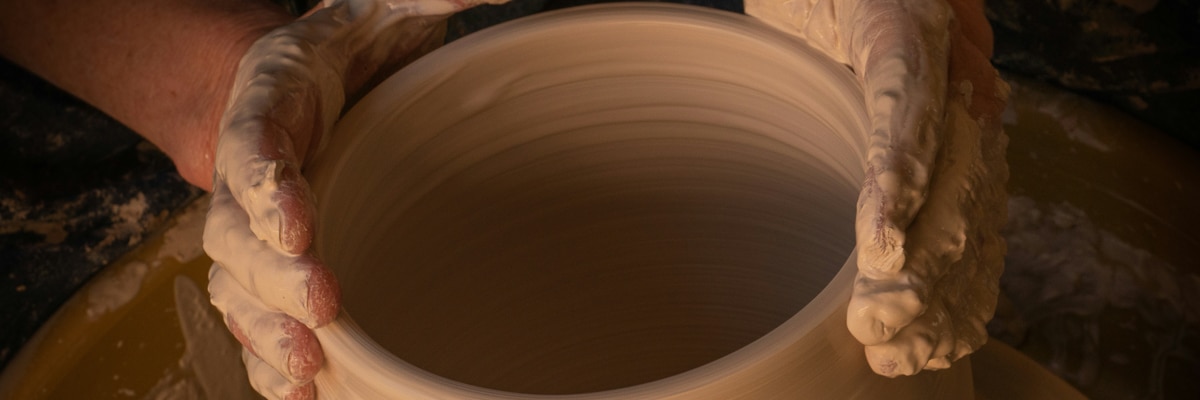
Theologian Sallie McFague (1933–2019) centers compassionate change in a passionate love for God:
At the center of Jesus’ message as prophet and wisdom teacher is the vision of a world as an egalitarian community of beings, not a hierarchy of individuals. His parables and aphorisms disorient our conventional expectations and suggest a way of being in the world where all are valued, especially the vulnerable and outcast. He shows us how to live this message by doing so himself: his unsettling parables and sayings are embodied in his own practices of living among the marginalized and siding with those considered inferior by conventional standards. He tells us also when and where to do it: now and here.…
This evangelism or good news, however, is not offered as an imperative or as an accomplished fact, but rather as an invitation: it is … inviting us to live differently. It does not appear to be principally a matter of the intellect or the will, but of the heart. The alternative to the conventional hierarchical, dualistic paradigm of life is, according to Jesus, the way of death to the old life and rebirth to the new. At the center of this new life is love to God and others: not just a moderate or “sensible” love, but God-intoxication and compassion for others that knows no limits.…
Those who have followed Jesus most radically, regardless of their other errors and failings—people like Paul, Augustine, Teresa of Avila, Julian of Norwich, John Woolman, Pierre Teilhard de Chardin, Dorothy Day, Dietrich Bonhoeffer, Sojourner Truth, Martin Luther King Jr., Mother Teresa, and many others less well known—passionately loved both God and the world (and everything in it).… These people seem to know no limits, either in their outrageous intimacy with God nor with their borderless love for all living things. [1]
Rev. Dr. Carter Heyward writes of the liberation offered by the Jesus movement:
In the context of massive suffering and violence—which is the context of our common life—the JESUS movement is constantly generating the revolutionary and holy Spirit of freedom and liberation; in the same moment and place, it offers “a balm to heal the sin-sick soul” of each and every one of us, oppressor and oppressed, in whatever ways we ourselves are broken—in wrong relation, that is, with one another, ourselves, and the Spirit that connects us.…
We cannot enjoy the spirituality that truly is of God unless we are enjoying the struggle for justice-love, compassion, nonviolence, and forgiveness in the world. And we cannot stay in the struggle unless we are drawing personal strength from God whom JESUS loved, however we may experience and image this sacred power.
Liberating oppressed peoples and creatures—
Healing personal wounds, ours and others’—
Liberating us from fear, greed, and lack of confidence—
Healing peoples, nations, tribes, and earth—
It all goes together in God. [2]
References:
[1] Sallie McFague, Life Abundant: Rethinking Theology and Economy for a Planet in Peril (Fortress Press, 2001), 175, 176.
[2] Carter Heyward, Saving Jesus from Those Who Are Right: Rethinking What It Means to Be Christian (Fortress Press, 1999), 36–37.
Image credit and inspiration: Earl Wilcox, Untitled (detail), 2021, photo, Unsplash. Click here to enlarge image. Like a potter creating a bowl out of clay, this moment shapes us.
Story from Our Community:
In the 1950s, my grandmother was a peace activist. I continue to be inspired by her example. Her philosophy carries on in my practices—be it sacred movements, my study of the enneagram, social justice action, and especially walking, hiking, canoeing in nature. Above all, my grandmother revered nature, believing we all belong to a higher power—all part of God’s creation. Everything about my grandmother’s life echoed this: The way to peace is to BE peace. —Treva O.




